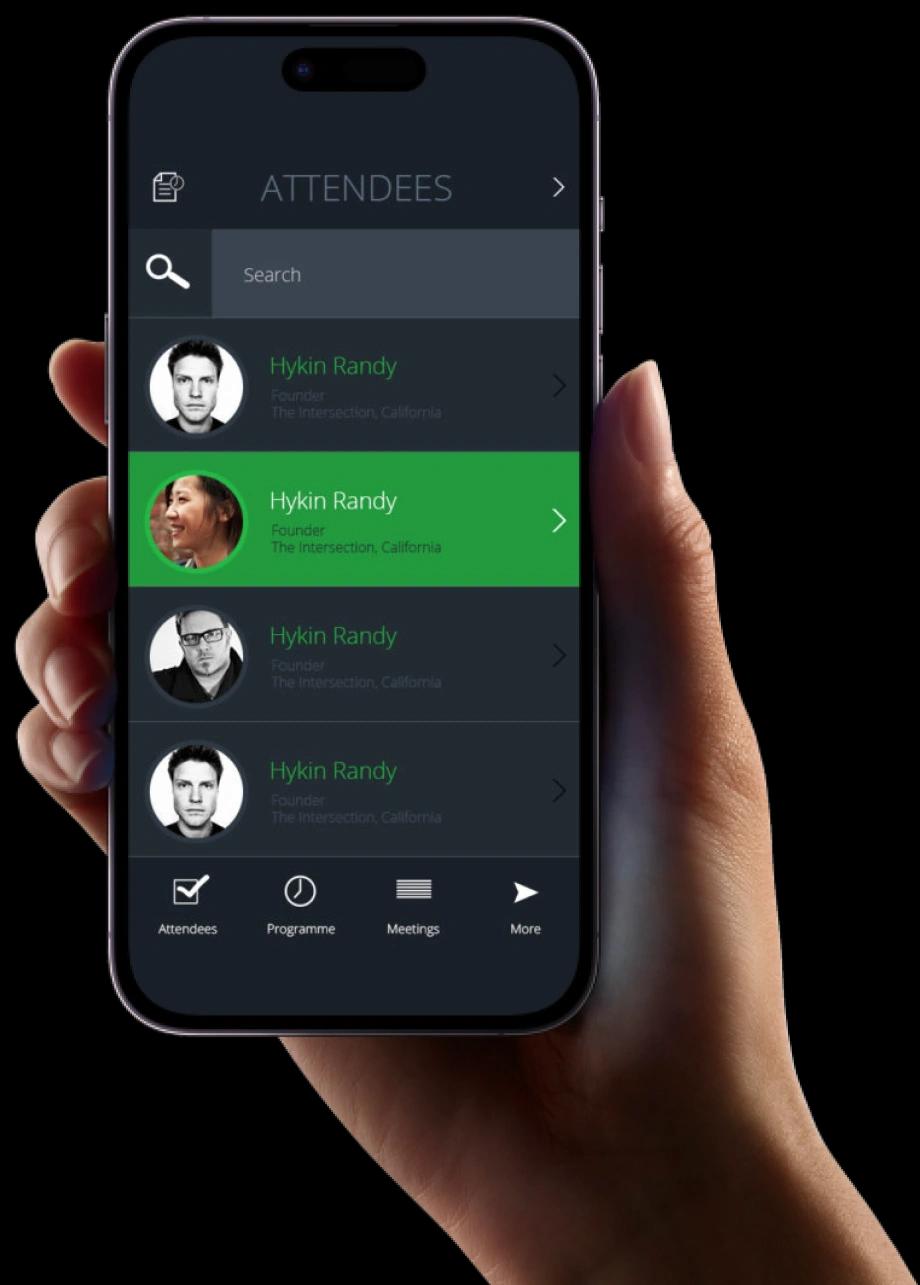Exaud Blog
Blog

Smart Speakers & How To Take Advantage of Voice Command Technologies
Smart speakers are introducing a new reality of how we not only act as consumers, but how we use search engines and how we can take advantage of them. Posted onby ExaudSmart speakers: feared by some, loved by many.
Wether, you’re into them or not really, we can’t deny the impact of this
popular technology. From Alexa memes, to funny stories of toddlers spending
their parents credit card budget on Amazon, smart speakers are introducing a
new reality of how we not only act as consumers, but how we use search
engines and how marketers and developers can take advantage of them.
Truth is, the majority of consumers use Alexa and Google Home for
current-day functions such as setting timers, reminders, reading
instructions or even step by step tutorials, not exactly shopping.
Therefore, the real challenge will be how to create a compelling strategy
to make users make purchases using these devices.
Turning Searches Into Profit
Besides understanding how to build a bridge between search topics and
potential buys, conversational marketing also focuses on our speech patterns
while using search engines through voice commands.
Amazon already has a design guide for voice that allows brand developers to
consider scenarios and follow up questions when consumers look for a certain
subject.
As
Automat
puts it, a basic example could be ‘Alexa, what are blackheads?’, which
logically might be followed by ‘how do I get rid of them’, creating the
opportunity for a brand to make it self relevant for the user.
By finding out which relevant questions can be connected with product
placement, brands are able to offer solutions for immediate concerns and
even cross selling.
The next step will be working on product recommendations which are (still)
very limited when it comes to smart speakers functionalities. Product
recommendations drive engagement and can be applied to several situations,
from food orders to decor or hygiene products.
Watch Your Tone
Language has proven to be one of the most important factors when it comes
to voice searches – Air Canada generated 3% engagement lift with ‘urgency
language’.
By urgency language we mean a spectrum of language that is fear, anxiety and
guilt driven, which happens to be more valuable to flight’s purchases than
‘exclusivity language’ (feelings of pride, luck, achievement). Although this
is kind of a difficult concept to grasp, it’s pretty much all about language
patterns and math. AI developers and marketers are putting all their sweat
into it in order to improve voice searches performances, to the point where
vocal recognition technology recognises your emotions and tone, applying it
to search engines and specific business sectors.
Alexa Play ‘Instructions’
Smart speakers already proved themselves by opening windows of opportunity
such as customer experience: brands will be able to take their products and
customer relationship to the next level by providing a hands free experience
thanks to these devices.
Voice instructions and tutorials will improve customer’s purchases and
overall experience with the product – if consumers already look for
everything on Youtube, imagine if you actually voice over instructions.
Despite controversial opinions on smart speakers, these examples are proof that they’re shaping marketing technologies and human-machine interaction. Yet, some questions remain: are smart speakers here to stay? Will brands invest money and efforts to develop a strategy based on voice searches?
What are your thoughts?
Check our blog for more posts like
the one you just read!

As seen featured in Top Wearable App Development Agencies.
Related Posts
Subscribe for Authentic Insights & Updates
We're not here to fill your inbox with generic tech news. Our newsletter delivers genuine insights from our team, along with the latest company updates.